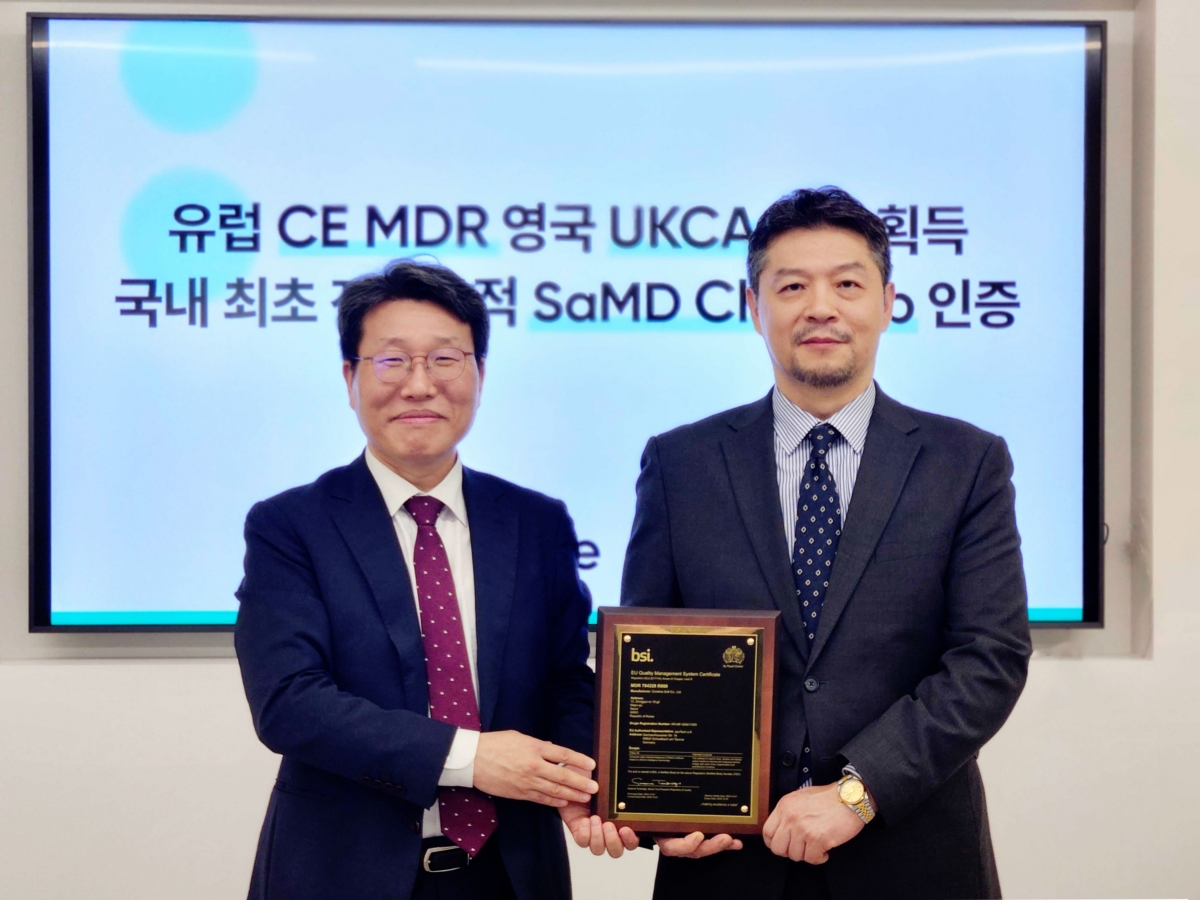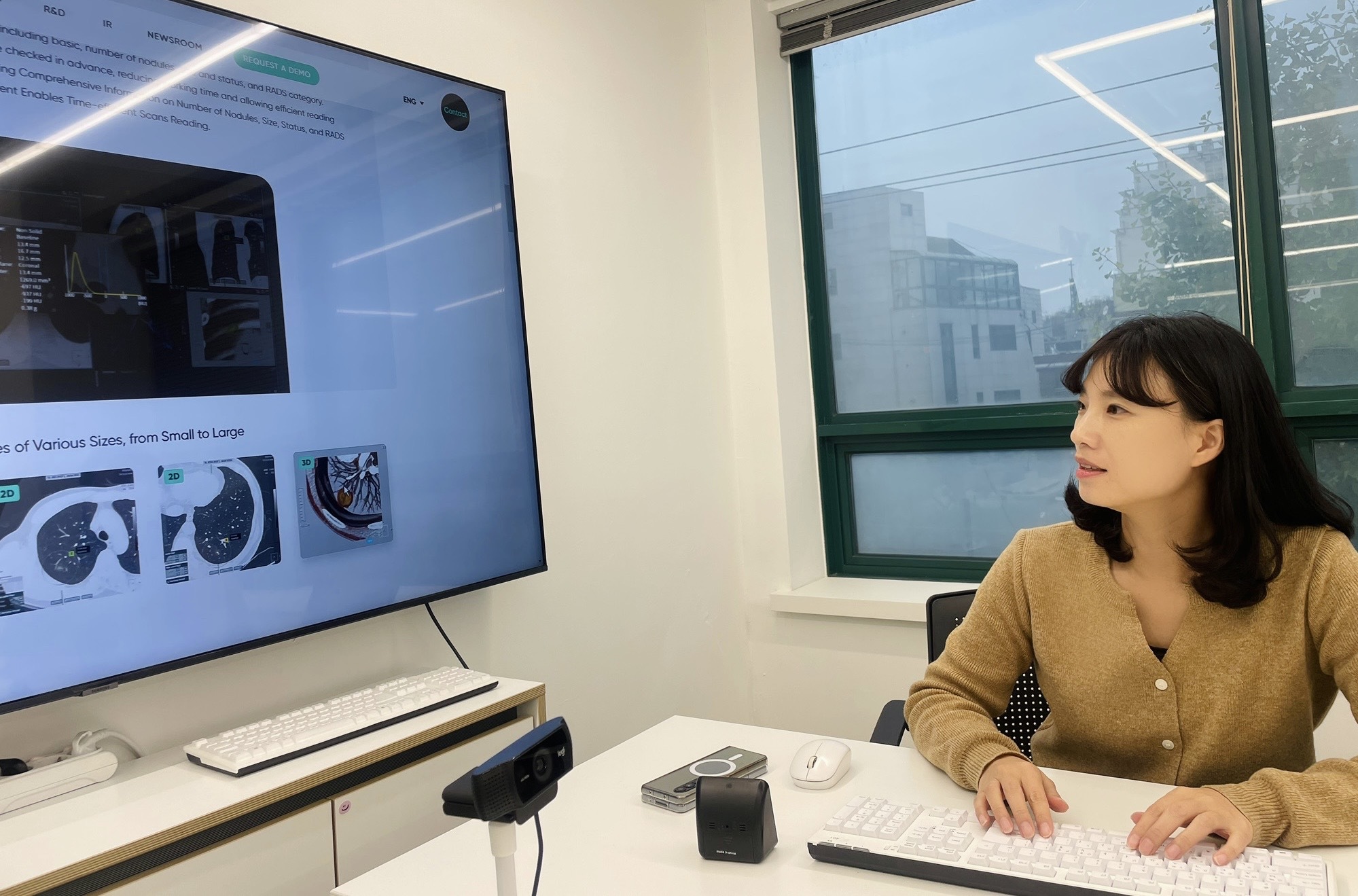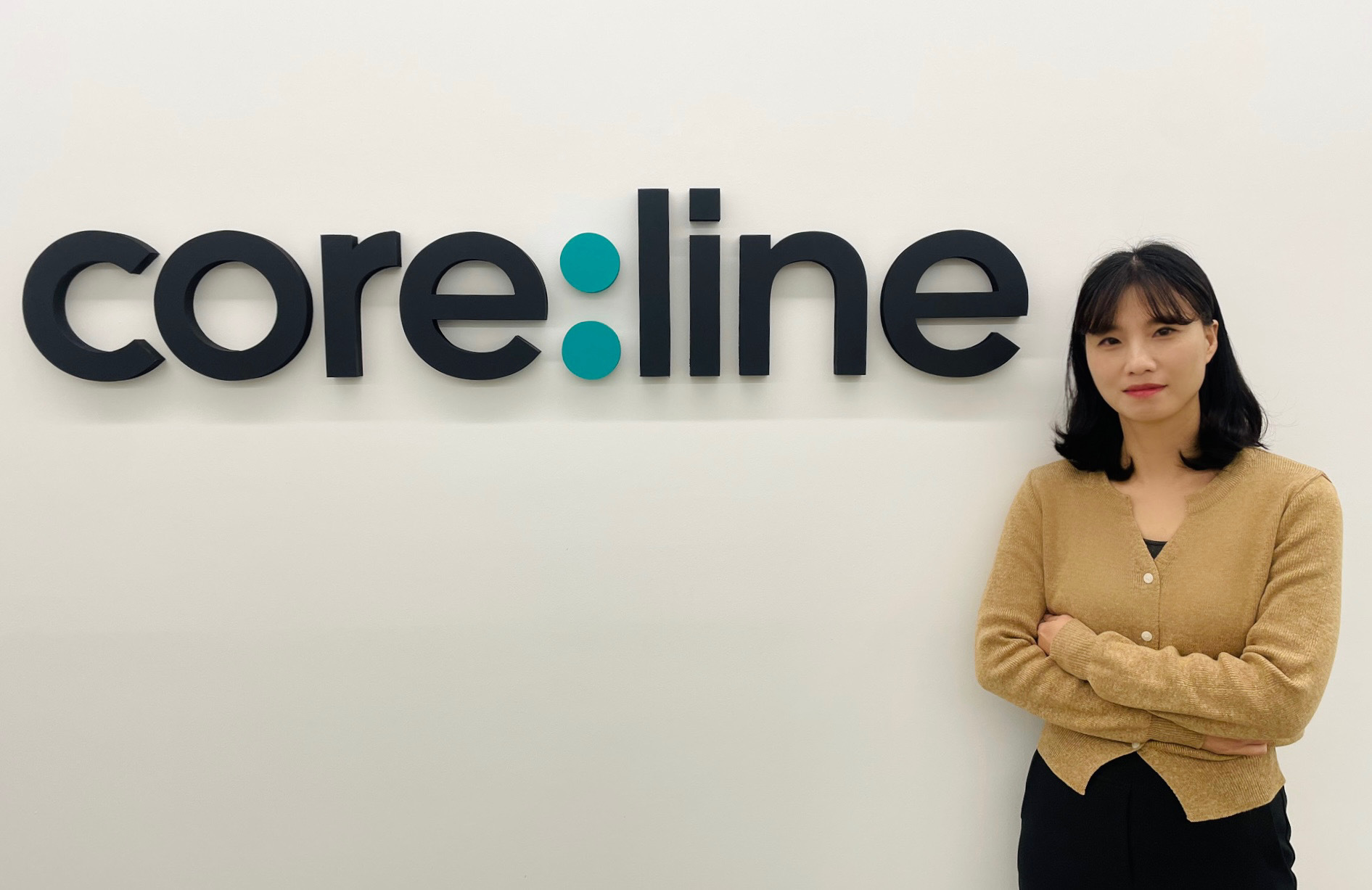Contact
Please leave your inquiry if you have any questions regarding our products, recruitment, investment, or any other matters.
Contact us
-
General inquiries
-
Business Department
-
Overseas Business Department
-
Customer Service Team
-
IR-related inquiries


 List
List



